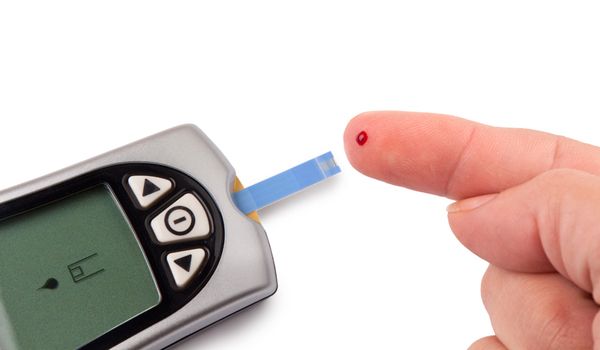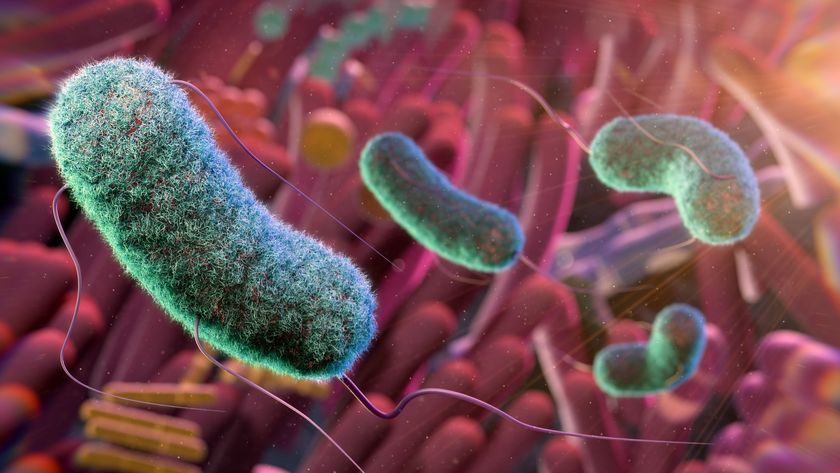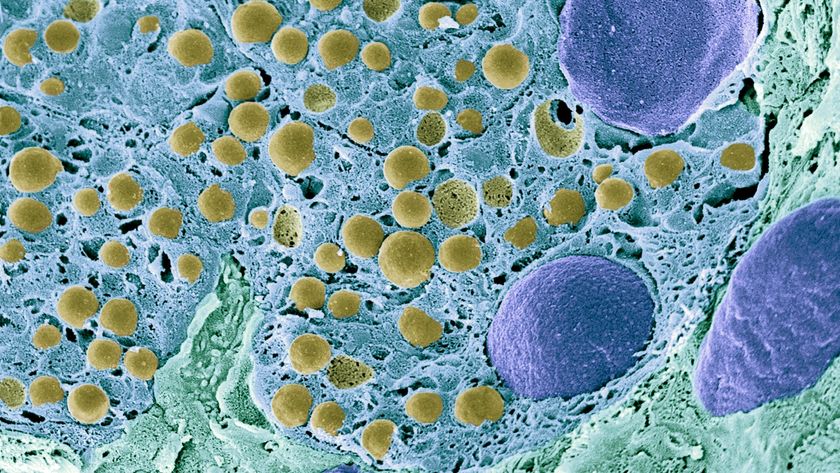Diabetes in America: Full List of State Rankings

A new U.S. survey looks at the rate of diabetes in each state.
The survey — a poll from Gallup-Healthways — includes information from a nationally representative sample of more than 176,000 Americans in all 50 states in 2015.
Here's the full list of diabetes rates by state, ranked lowest to highest:
1. Utah: 7.4 percent
2. Rhode Island: 7.6 percent
3. Colorado: 7.9 percent
4. Minnesota: 8.4 percent
Sign up for the Live Science daily newsletter now
Get the world’s most fascinating discoveries delivered straight to your inbox.
5. Montana: 8.7 percent
6. Alaska: 8.8 percent
7. Massachusetts: 8.9 percent
8. Vermont: 8.9 percent
9. Nebraska: 9.1 percent
10. Wyoming: 9.3 percent
11. New Hampshire: 9.4 percent
12. Idaho: 9.7 percent
13. Connecticut: 9.8 percent
14. Washington: 10.1 percent
15. New Mexico: 10.1 percent
16. California: 10.2 percent
17. Iowa: 10.2 percent
18. Nevada: 10.2 percent
19. Oregon: 10.3 percent
20. Wisconsin: 10.4 percent
21. New Jersey: 10.4 percent
22. Illinois: 10.5 percent
23. South Dakota: 10.5 percent
24. North Dakota: 10.8 percent
25. Virginia: 10.8 percent
26. Delaware: 10.8 percent
27. Kansas: 10.9 percent
28. Hawaii: 11.1 percent
29. New York: 11.1 percent
30. Arizona: 11.3 percent
31. Maine: 11.5 percent
32. Pennsylvania: 11.8 percent
33. Texas: 11.8 percent
34. Florida: 11.9 percent
35. Maryland: 11.9 percent
36. Michigan: 12.0 percent
37. Indiana: 12.2 percent
38. Georgia: 12.7 percent
39. Oklahoma: 12.9 percent
40. Louisiana: 13.5 percent
41. North Carolina: 13.5 percent
42. Missouri: 13.5 percent
43. Ohio: 13.5 percent
44. Kentucky: 13.7 percent
45. Arkansas: 14.1 percent
46. South Carolina: 14.4 percent
47. Tennessee: 14.4 percent
48. Mississippi: 15.6 percent
49. West Virginia: 16.1 percent
50. Alabama: 16.1 percent
Original article on Live Science.

Rachael is a Live Science contributor, and was a former channel editor and senior writer for Live Science between 2010 and 2022. She has a master's degree in journalism from New York University's Science, Health and Environmental Reporting Program. She also holds a B.S. in molecular biology and an M.S. in biology from the University of California, San Diego. Her work has appeared in Scienceline, The Washington Post and Scientific American.











